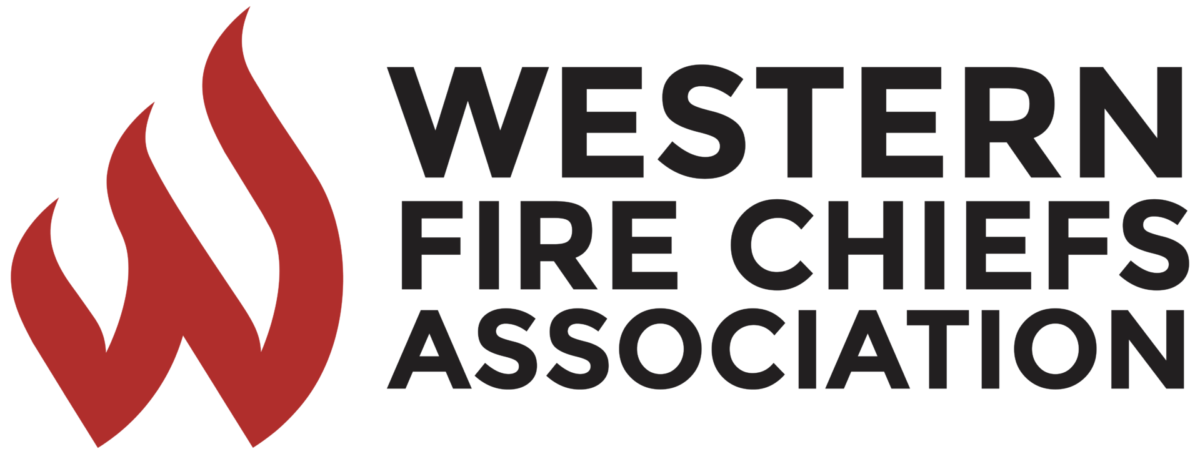Charging for Non-Emergency Services
An article recently shared in the Daily Dispatch discusses a fire department in Central Illinois that is looking to charge for non-emergency services. The Village of Savoy is set to vote on a proposed ordinance that would allow the Savoy Fire Department to charge assisted living facilities, primarily for providing non-emergency lift assistance services. Other fire departments in the area are currently charging in the range of $300 to $400 for these types of calls. Fire Headlines host Samantha Didion is joined by Chief Jeff Buchanan and Chief Bob Horton on the panel to discuss why a fire department may choose to begin charging for non-emergency services.
Learn why some fire departments may choose to charge for non-emergency services in the latest episode of Western Fire Chiefs Association’s Fire Headlines Podcast.
Charging for Non-Emergency Services
An article recently shared in the Daily Dispatch discusses a fire department in Central Illinois that is looking to charge for non-emergency services. The Village of Savoy is set to vote on a proposed ordinance that would allow the Savoy Fire Department to charge assisted living facilities, primarily for providing non-emergency lift assistance services. Other fire departments in the area are currently charging in the range of $300 to $400 for these types of calls. Fire Headlines host Samantha Didion is joined by Chief Jeff Buchanan and Chief Bob Horton on the panel to discuss why a fire department may choose to begin charging for non-emergency services.
Tragedy of the Commons
Chief Horton initiates this week’s discussion by taking us back to Economics 101. He says the role of the fire chief, among many other things, is trying to determine the allocation of scarce resources. Fire resources in economic terms are considered common pool resources, meaning it’s non-exclusionary and the fire service does not exclude anyone from calling for their service. He says non-exclusionary is exhaustive because a department could eventually run out of fire units to be able to manage calls, and that is where supply and demand come into play.
Chief Horton gives an example of the Tragedy of the Commons, which is generally articulated as a natural resource type of problem, but it can relate to this scenario as well. Imagine two people running two separate fishing businesses. There is a finite number of fish in the ocean, and each person is only permitted to extract a designated amount. If there is an absence of appropriate regulation and one of those two individuals’ fish for more than what they were allocated, they run the risk of depleting the entire fish supply.
In this situation with the fire department, there are only so many fire engines to manage a certain demand of calls. If the fire department is busy running lift assistance calls, they run the risk of not being available for a life-threatening or fire emergency. The fee they are proposing, when it comes to responding to lift assistance calls, is meant to disincentivize the behavior.
Who Bears the Cost?
If this new ordinance passes, who will cover the $300-400 fee, the assisted living facility or the individual? Both Chief Horton and Chief Buchanan agree that individuals who live in nursing homes are paying for a service, which they agree includes lift assistance. Going back to the economics of the situation, these facilities could be facing staffing shortages and there may not be enough nurses on shift to lift a resident who has fallen, so they have no other choice than to call the fire department for help.
Chief Horton says there is the possibility that this charge would get passed from the facility to the resident, but believes this to be a downstream approach. It is expected that this fee will be directed to the facility itself, as one could argue they are responsible to provide this service. However, there is no guarantee that this will result in a reduction of lift assistance calls made to the fire department.
You can email Fire Headlines at [email protected].
Sign up for the Daily Dispatch to get the FREE daily newsletter of articles like these in your area, as well as industry developments and trends, at www.dailydispatch.com.



